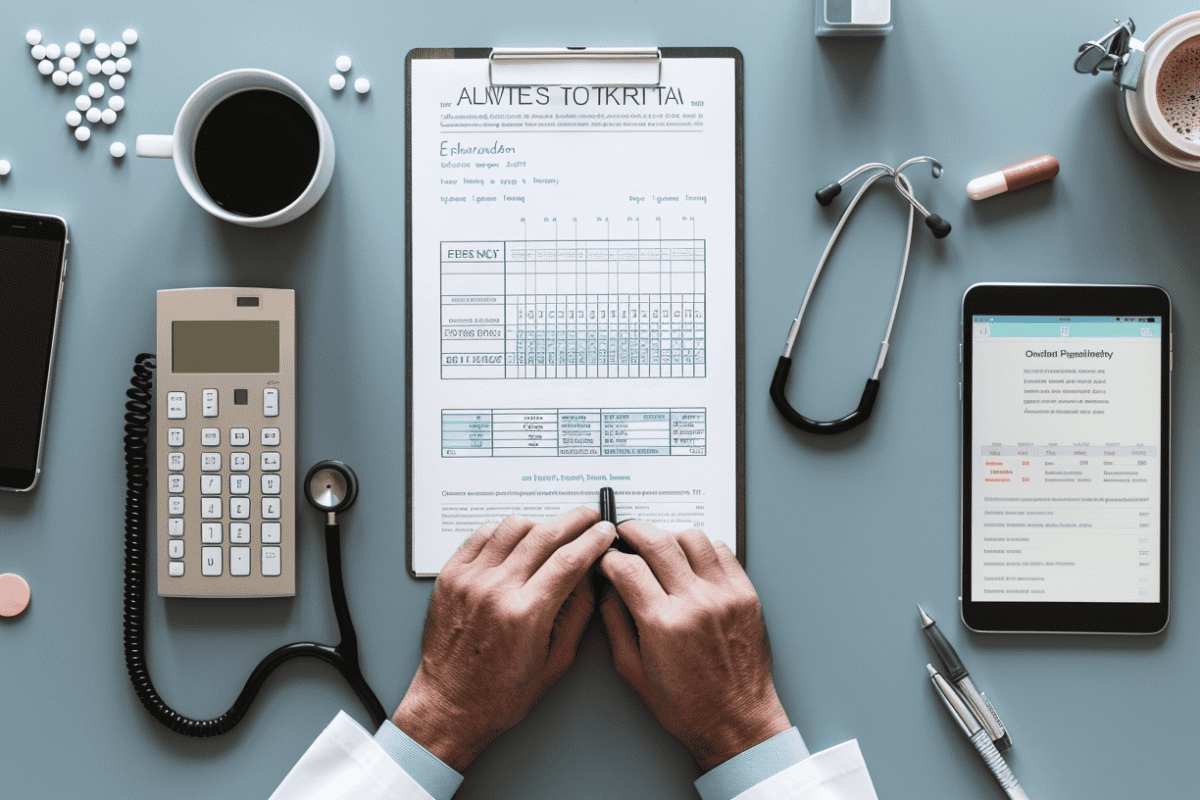In recent years, wearable technology has become an ubiquitous feature of our daily lives. From tracking our steps to monitoring our sleep patterns, wearable devices such as fitness trackers and smartwatches have revolutionised the way we approach health and fitness.
One of the most significant impacts of wearable technology has been on physical activity lately. With the help of fitness trackers, people are able to set goals, monitor their progress, and track their activity levels throughout the day.
This has made it easier than ever before to stay active and motivated, whether you’re looking to lose weight, build muscle, or simply maintain a healthy lifestyle.
But! Wearing a fitness tracker isn’t just about tracking your physical activity and monitoring your health metrics. It can also serve as a helpful reminder for other important tasks in your life.
Many fitness trackers come with features that can remind you to drink water throughout the day, helping you stay hydrated and maintain optimal bodily functions.
Some trackers include reminders to exercise, which can be a helpful nudge to stay active even when you’re busy or feeling unmotivated.
Beyond physical health, some fitness trackers even offer features that help you stay connected with loved ones, such as reminders to call your grandparents for their birthday or other special occasions.
By using a fitness tracker, you can stay on top of your health and other important aspects of your life with ease.
It’s also changing the way we approach sleep. With devices that track our sleep patterns, we’re able to get a better understanding of our sleep quality, as well as identify any issues that may be affecting our ability to get a good night’s rest.
This has the potential to improve our overall health and wellbeing, as studies have shown that poor sleep quality can lead to a range of health problems.
Another area where wearable technology is making an impact is in the realm of medical devices. Wearable devices such as blood pressure monitors and glucose monitors are helping people with chronic conditions manage their health more effectively, by allowing them to track their vital signs and receive alerts when readings fall outside of normal ranges. This has the potential to improve health outcomes, as well as reduce healthcare costs by helping to prevent complications that may require hospitalisation.
Let’s dive into Diabetes for instance. Diabetes is a chronic health condition that affects millions of people worldwide. One of the key challenges for people with diabetes is managing their blood sugar levels effectively.
Digital health technologies such as wearable blood sugar monitors and insulin injectors have revolutionised diabetes care by providing patients with more precise and convenient ways to monitor and manage their blood glucose levels.
Wearable monitors can provide real-time feedback on glucose levels, allowing patients to adjust their insulin doses or dietary choices as needed.
Meanwhile, insulin injectors with built-in sensors can automatically adjust insulin doses based on blood sugar readings, reducing the risk of hypoglycemia. These technologies are helping to improve diabetes care and enhance patient outcomes.
As well as all of that, they are a powerful tool in healthcare for monitoring patients’ health and tracking the progression of chronic diseases. Wearable devices equipped with sensors can continuously monitor a patient’s vital signs and other health parameters, providing healthcare professionals with valuable insights into a patient’s health status and the progression of their condition. This can be particularly useful for patients with chronic conditions who require frequent monitoring.
For instance, wearable devices have shown great promise in the management of Parkinson’s disease, a progressive neurodegenerative disorder that affects movement and coordination.
By tracking changes in gait and movement patterns, wearables can help detect early signs of disease progression and allow for timely intervention to manage symptoms and slow the disease’s progression.
Similarly, wearable devices can be beneficial for patients with heart disease, a leading cause of death worldwide. By monitoring changes in heart rate, activity levels, and other vital signs, wearables can provide healthcare professionals with critical information on disease progression and help detect early signs of worsening heart function.
This can facilitate early interventions, such as medication adjustments or lifestyle modifications, to prevent disease progression and improve outcomes.
The impact of wearable technology on health and fitness is undeniable. As these devices continue to become more sophisticated and more widely adopted, we can expect to see even greater benefits in the years to come.
Conclusion
If you want to learn how to stay safe and healthy in emergency situations, enrolling in our first aid course Brisbane is a great option. At First Aid Pro, we are committed to providing high-quality training to help you develop the skills and knowledge you need to respond with confidence. Our experienced instructors offer a range of courses, including CPR and first aid. With locations in Brisbane CBD and Australia wide, it’s easy to find a course that works for you. Visit our website to learn more about our First Aid course and register today!
This is a sponsored post
Digital Health Buzz!
Digital Health Buzz! aims to be the destination of choice when it comes to what’s happening in the digital health world. We are not about news and views, but informative articles and thoughts to apply in your business.


